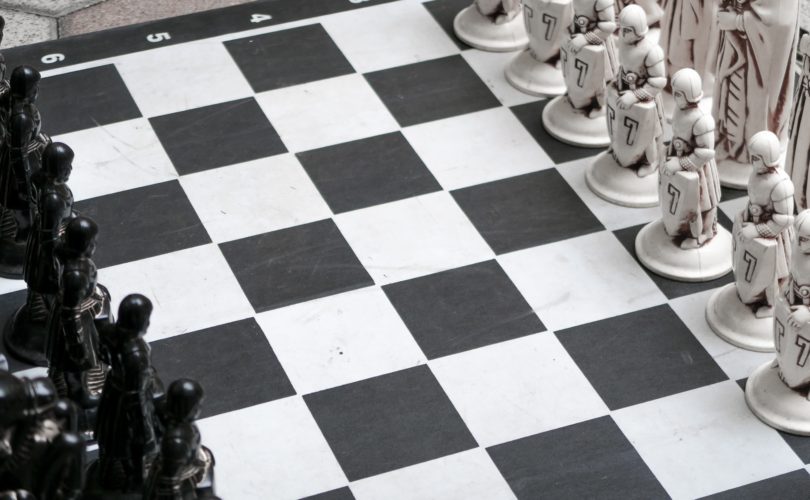I’m a little weird but I’ve known that for a while now. To be a male in my profession is to be an automatic minority. To be a male somatic-existential therapist who happens to be a veteran as well? Let’s just say I expect to be the outlier in most things. Case in point, I recently found out that most of my colleagues have at most 2 or 3 men on their client load. Apparently having over half your caseload be men isn’t normal.
It sure has provided me with some insights though…
There’s a very serious problem
Just right out of the gate, I can tell you that there are some things I’ve kind of ‘known’ for a little while as a guy with a mental health education that are being confirmed. I’ve been on this soapbox before, but just to revisit and add to it:
Our relationship to our emotions
Like I elaborated on in the linked post above, I like many men grew up being taught that our emotions are problems to be fixed. It’s “I need you to stop crying, clean up your face and tell me what’s wrong”. And frankly, it shows up in all the ways that we stereotype or complain about men when they grow up.
I can’t tell you how many men I work with who “don’t want to burden” their significant other by opening up to them about what they’re going through. And why? Because that’s what we’ve taught them all their lives: your emotions are problems to be solved. And the last thing any loving man wants to do is give someone he cares bout another problem.
So we end up with men who express the socially acceptable ‘masculine’ emotions like anger but find everything else taboo if not completely inaccessible.
Our value
Men in our culture are taught that are value lies in what we consume and acquire: money, women, cars, careers, respect, it’s all about what we can get. Add to that the fact that ‘a man’ is something we can be or not be depending on our actions and of course we may or may not be ‘man enough’ in a given moment. So one of the core components of our identity may be up for debate in any given situation based on how we approach it.
Are women really the more emotional ones?
As it turns out, no. In a study done in the U.K. researchers measured the biological responses of men and women watching very emotional scenes and then asked them to report how emotionally moved by the scenes they were. As you would expect, women reported being more emotionally moved than the men did. The interesting part is, according to their bodies, they lied.
When rugged individualism, stoicism, and dominance are seen as ‘masculine’ traits (and remember, you might lose your man card so don’t get caught slipping) and the whole spectrum of human experience outside that is at best seen as ‘unmanly’ the result is exactly what so many of us complain about in our culture today.
The existential problem of masculinity in our culture
Men are in a rough spot in our society at present. Yes, we’re still very privileged and largely in the position of social power, that’s true. We’re also in the midst of an existential crisis of sorts. Let me explain.
It used to be that there were very rigid and specific roles for men in our homes and society. We didn’t have to do a lot of self-exploration or reflection to know where our place was (good thing too, because the emotions necessary for such were off limits anyway). Even though we may feel we’ve done away with such roles today, there are a LOT of men who are still impacted by this. Just ask any stay at home dad about the “Oh, you’re babysitting your kids today? That’s cute” or “So, when do you plan on going back to work?” comments they get.
So, we’re not actually allowed full freedom to leave those social roles…but we better not be caught dead in them either. Today, that traditional setup is viewed as more than outdated, it’s downright dangerous. We expect men to break away from traditional societal norms but without the emotional tools or social permission to explore new territory.
This leaves us guys with a rather weighty question: Is there any socially acceptable way to positively embody our masculinity?
Our basic biological urges to do things like provide for and protect our communities, loved ones, and family still exist, whether they have sanctioned social expressions or not. Our masculinity exists whether it’s seen as necessary and having a place or not.
What this is doing to us
In the era of #MeToo and school shootings there can be no doubt that boys and men in our culture aren’t all in the healthiest of places. I think I’ve laid out at least a few of the contributing factors. Those are just the more extreme examples though, this is actually far more widespread than that.
So, John Q. Public comes into my office. John really doesn’t have the emotional language to describe everything he’s going through but he’s here today because starting a few weeks ago, he started having these episodes that he thought were heart attacks at first (panic attacks) and hasn’t been able to sleep more than a few hours.
John lost his job a few months ago and while thankfully, his wife’s paycheck covers all their expenses, finding work has been difficult. John’s father has been on him about it and the two, who normally get along well, have been fighting a lot lately. John’s wife would be happy if he’d stay home with the kids as it would free her up to take a new position at work. John spends most of his time taking care of the kids, watching the news and his social media feed, and looking for a job.
John is in full on existential free-fall as his society is rapidly changing. Some of the people who influence his life embrace and celebrate that change. Others grieve its loss. John is disoriented socially and disconnected from himself and the pressure is on to man up and get it together.
Make no mistake, the social is personal.
So, what do we do?
We have to start allowing a wider array of experience from boys without expecting them to always ‘fix’ their emotions. Their emotions are information about the experience they are having, not problems that need to be fixed. If we want our culture to be populated by better men, we need to show them how they can embody their masculinity in the right ways.
- Point them to who needs to be protected most in society
- Show them what they need to provide, expanding their sense of contribution beyond their paycheck
- Get curious about their emotional life, act like it’s there because whether we’re expressing it or not, it is.The mental health crisis among men in our culture
People will rise or sink to the social expectations that we set for them, so let’s expect more from men. Let’s expect emotional health, vibrancy, and resilience. And along with it, hold the space for them to step into it.


